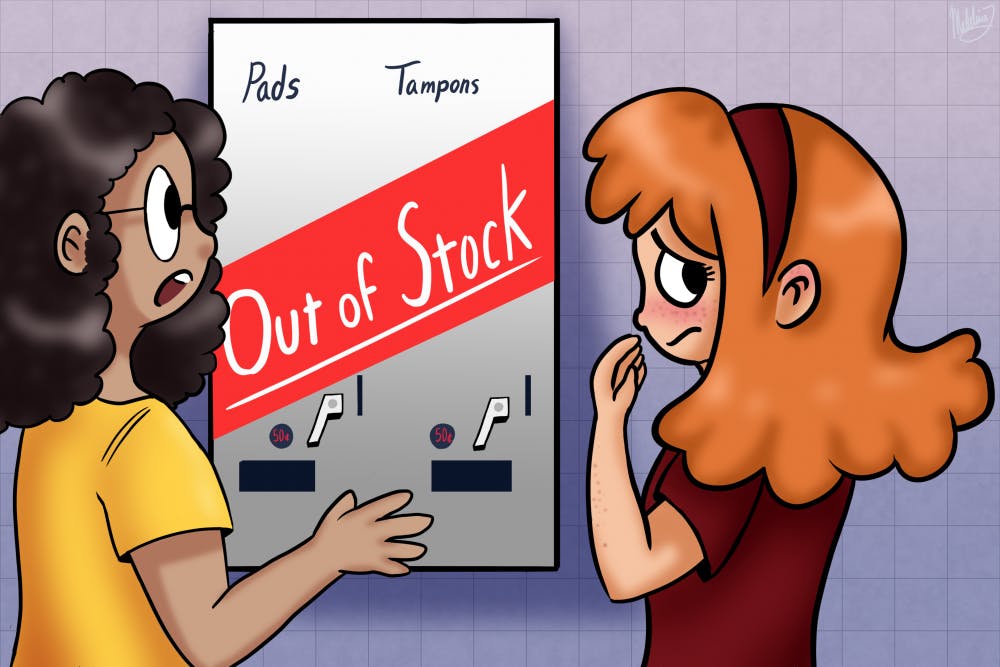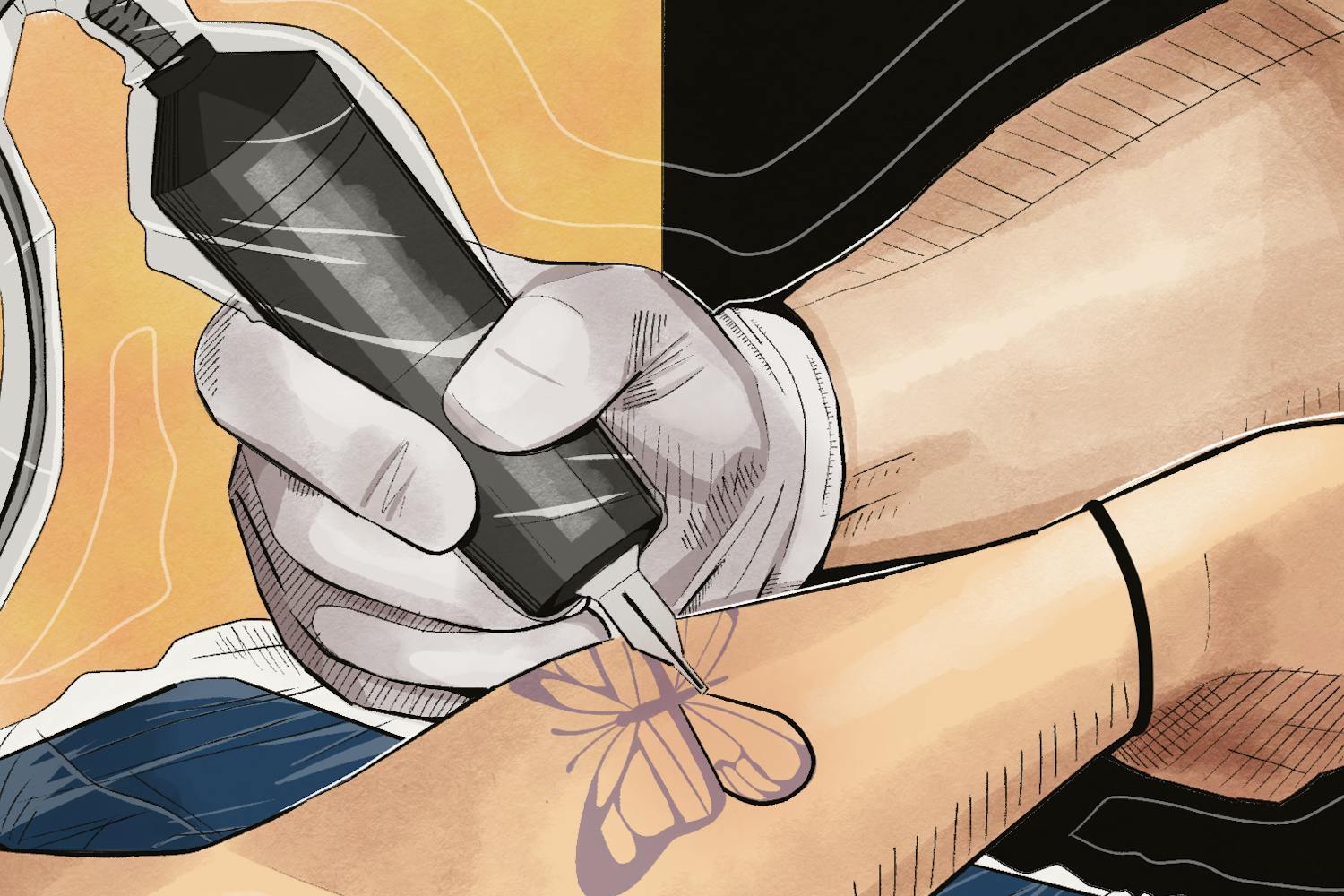Periods, pads and tampons — all things I use in conversation to gain the attention of people that seem to overlook the importance of menstrual health.
It seems to me that the only way to gain attention for the basic bodily function is to speak up and speak out. But no matter how many conversations I have and no matter what changes are promised, I still don't understand why I have speak out for this.
More importantly, I don't understand why my fellow students have to take it upon themselves to create equal access to menstrual products on the different ASU campuses.
Menstrual equity needs to be recognized as an issue students face at ASU by the University, and the University should provide free access to pads and tampons across its campuses.
According to a New York Times article, "'Menstrual equity' refers to equal access to hygiene products, but also to education about reproductive health. And it’s the focus of a variety of new laws and policies to provide menstrual products in prisons, shelters, schools and even on Capitol Hill."
Statistics from Free the Tampons state that 86 percent of women in the U.S. reported starting their period without the necessary products currently available.
In an article on the organization's website, Nancy Kramer, Free the Tampons's founder, said that funding free menstrual products for her three offices isn't as costly as it may seem.
"It costs "$4.67 per female associate per year," she said. "That's a little under $1,000 yearly for the 200 out of 350 workers who happen to menstruate."
Students may have seen the menstrual dispensers in restrooms on some ASU campuses that cost 25 cents or are consistently empty, which is something that can pose a problem for many students.
However, on-campus measures like the Period Project which have provided access to free menstrual products in the past in the Barrett, the Honors College Complex restrooms after petitioning for funding.
Katie Compton, a freshman majoring in finance, is the historian for the organization Activism For Our Lives @ ASU which seeks to educate students on social issues and promote action within their communities.
"I think that it's important to provide access," Compton said. "If students are not provided with the proper tools to deal with their menstrual cycle, then it's not only a health issue but also then they struggle in their studies which then becomes very much an ASU issue."
In regards to the argument some make about students purchasing their own pads and tampons, Compton said there are ways ASU and students can create a change.
"Pads and tampons are super expensive, and that is why so many people don't have access to them or struggle to have access to them. And one way we can combat that, I know ASU is a public university so they're funded primarily from the government," Compton said. "What we can do is we can actually support and petition legislation that would help alleviate the costs of tampons and pads."
According to a 2017 article from The State Press, there was little information that the University could provide about the availability of menstrual products on campus.
The University should take it upon themselves to provide access to these supplies and not put it in the hands of students who have more on their plate than worrying about their access to menstrual products while on campus.
"You expect public restrooms to have toilet paper. Why wouldn't you expect them to have menstrual products?" Compton said.
Reach the columnist at mfoxall@asu.edu and follow @mayafoxall on Twitter.
Editor’s note: The opinions presented in this column are the author’s and do not imply any endorsement from The State Press or its editors.
Want to join the conversation? Send an email to opiniondesk.statepress@gmail.com. Keep letters under 500 words and be sure to include your university affiliation. Anonymity will not be granted.
Like The State Press on Facebook and follow @statepress on Twitter.




